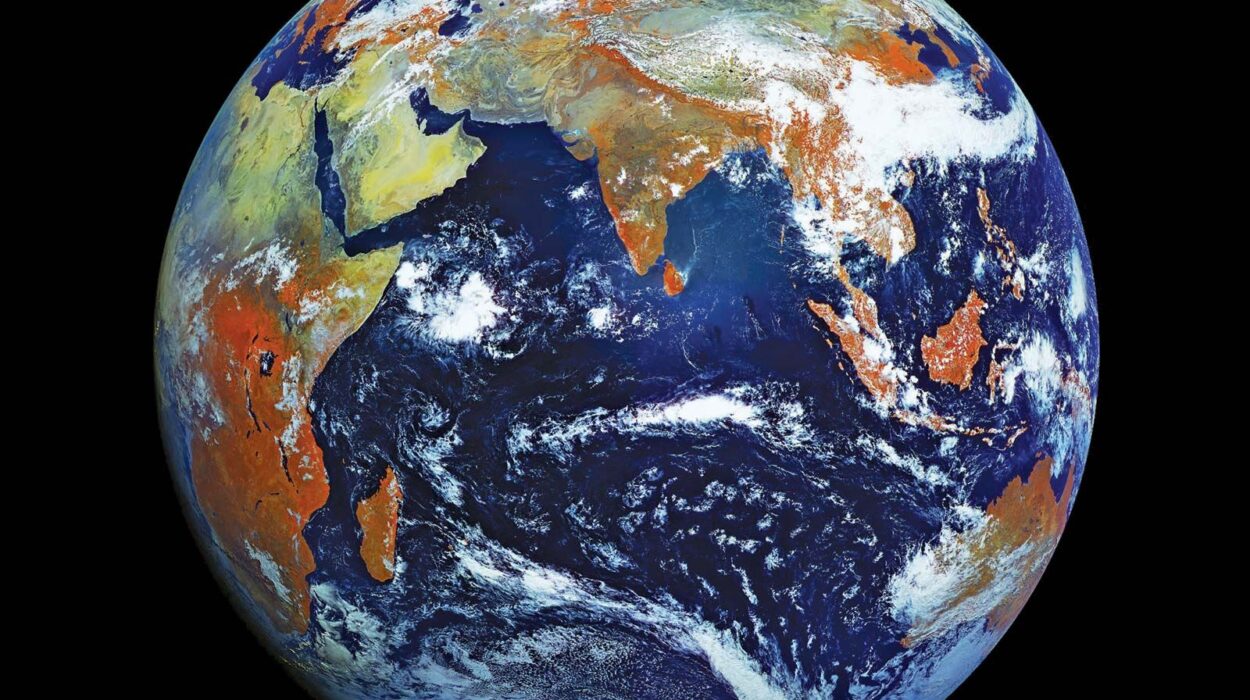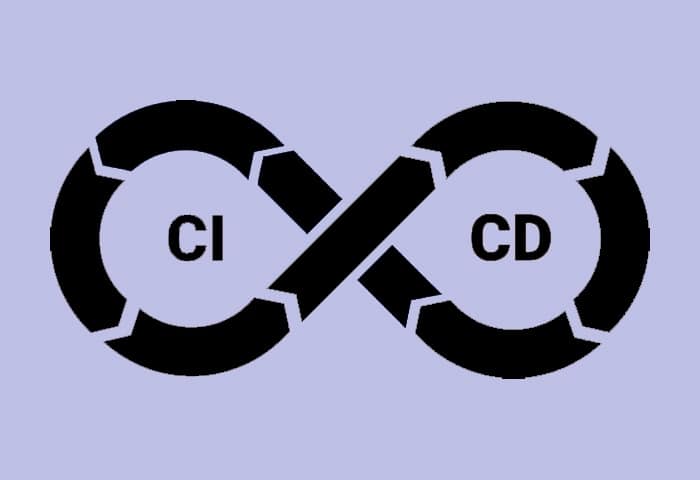Artificial Intelligence has long been a dream of humanity, a vision of machines that could think, reason, and communicate like us. With the rise of ChatGPT, this dream feels closer than ever. The system can write essays, answer questions, create poetry, offer companionship, and even mimic personalities. It feels alive, responsive, and startlingly human. For many, it is like stepping into the future.
But as with all great technological revolutions, the light of innovation casts a shadow. Behind the wonder and excitement lies a complex web of ethical dangers that we cannot afford to ignore. ChatGPT is powerful, but power without responsibility can be perilous. This is not a tool that exists in isolation—it touches lives, shapes ideas, and influences societies. And like every transformative invention, it carries risks as great as its promises.
Below are five ethical dangers of ChatGPT that demand our attention. Each is a warning, a reminder that technology is not just about what it can do, but about what it should do.
1. The Danger of Misinformation and Manipulation
One of the most immediate and alarming dangers of ChatGPT lies in its potential to generate misinformation. Unlike traditional sources of error—typos in a book, biased news outlets, or human rumors—ChatGPT can create text that feels polished, confident, and persuasive, even when it is factually wrong.
The issue is not malice. ChatGPT does not lie in the human sense. It generates responses based on patterns in the data it has seen. But the human brain is not wired to doubt language that flows smoothly, that carries the tone of authority. A paragraph written by ChatGPT may look indistinguishable from one written by an expert, even if it contains dangerous inaccuracies.
This opens the door to manipulation. Imagine political groups using ChatGPT to flood social media with fabricated stories, tailored propaganda, or false statistics. Imagine malicious actors using it to craft convincing phishing messages, scams, or conspiracy theories. The sheer speed and scale of AI-generated text mean that misinformation could spread faster and wider than ever before.
The danger is not just that people may believe falsehoods—it is that our very trust in language, in text itself, could erode. If every message could be a mirage, every article a fabrication, society may fall into cynicism and confusion. Truth itself becomes harder to find, and in such a world, those who control AI-driven narratives may hold terrifying power.
2. The Erosion of Privacy and Human Boundaries
ChatGPT is trained on massive datasets, which include text scraped from the internet, books, and other sources of human knowledge. Although safeguards are in place to prevent the system from exposing private information, the very scale of its training raises profound questions about privacy.
Whose words are being used? Whose conversations, blogs, or personal posts may have been ingested into the machine? When ChatGPT generates text that echoes human voices, are we truly hearing AI—or fragments of millions of people who never gave consent for their data to be repurposed in this way?
The erosion of privacy goes deeper. Many people now turn to ChatGPT for intimate advice—on relationships, mental health, or personal dilemmas. They pour their thoughts into the system, revealing vulnerabilities they may never share with another human. But what happens to these conversations? Are they stored, analyzed, or repurposed to improve the system? Even anonymized, the thought that private words could be part of a dataset raises ethical alarm.
In a world where ChatGPT becomes ever more integrated into daily life, the boundary between personal thought and digital record may blur. Our most private selves risk becoming entangled in the machinery of artificial intelligence. If privacy was once the right to keep parts of ourselves hidden, ChatGPT challenges whether that right can survive in a world where everything we say could become data for a machine.
3. The Risk of Human Dependency and Intellectual Atrophy
Another ethical danger of ChatGPT is not in what it does to information, but in what it does to us. The convenience of the system is undeniable. Need an essay? ChatGPT can write it in minutes. Need coding help? It can generate scripts instantly. Need to explain a concept? It will provide a neat summary.
But convenience comes with a cost: dependency. If we outsource our thinking too readily, we risk weakening the very muscles of intellect that define us. Critical thinking, problem-solving, and creativity are not just tools for survival—they are the essence of being human. When we let ChatGPT think for us, we may slowly atrophy these abilities.
This danger is most acute for students. A generation raised on AI-generated answers may never fully develop the capacity to struggle with questions, to wrestle with uncertainty, to make mistakes and learn from them. Without that struggle, education becomes hollow. Knowledge becomes surface-level, memorized rather than understood.
Even beyond education, the danger of dependency looms. Businesses may rely on ChatGPT for decisions, writers for creativity, programmers for code. While this seems efficient, it risks a future where human innovation withers, replaced by machine outputs that no one fully understands. The fire of human curiosity—the force that created ChatGPT in the first place—could dim if we forget how to question and create on our own.
4. The Threat of Bias and Unequal Representation
No AI is free from bias, and ChatGPT is no exception. Because it learns from human-generated data, it inevitably absorbs the prejudices, stereotypes, and inequalities that permeate human language. Despite efforts to filter and correct these biases, they can still leak into outputs in subtle and sometimes harmful ways.
This creates a profound ethical danger. If ChatGPT reflects biases about race, gender, culture, or class, it risks reinforcing discrimination at scale. A biased comment from one person may wound, but a biased system that interacts with millions magnifies harm into the structure of society itself.
Consider hiring tools powered by AI language models. If they reflect biased language about certain groups, they could silently disadvantage candidates without anyone realizing why. Consider health information generated by ChatGPT. If it fails to account for cultural or gender differences in medical data, it could lead to harmful advice.
Beyond bias, there is the issue of representation. Whose voices dominate the training data? Which cultures, languages, and perspectives are amplified, and which are silenced? A system that reflects primarily Western, English-speaking viewpoints risks marginalizing the rest of the world. ChatGPT could become not just a tool for communication, but a tool for cultural homogenization—flattening the diversity of human voices into a single algorithmic narrative.
This danger reminds us that technology is never neutral. Every dataset is a choice, every output a reflection of power. If ChatGPT is to serve all of humanity, it must be built with vigilance against bias and with respect for the richness of human diversity.
5. The Collapse of Authenticity and Human Connection
Perhaps the most haunting ethical danger of ChatGPT is the erosion of authenticity. As the system grows more advanced, its words become increasingly indistinguishable from human ones. Poems, love letters, philosophical reflections—ChatGPT can craft them all with ease. But in doing so, it raises a profound question: how do we know what is real?
If a child receives a heartfelt essay, did their parent write it or did ChatGPT? If a lover receives a romantic message, is it genuine emotion or a machine’s mimicry? If a politician releases a speech, is it the voice of conviction or the echo of AI?
Authenticity is the foundation of trust. Relationships, art, politics, and culture all depend on the belief that words reflect the soul of the person who wrote them. When machines can generate convincing text at will, that foundation begins to crack. We may enter a world where human expression is constantly in doubt, where every sentence carries a shadow of suspicion.
The collapse of authenticity threatens not only personal relationships but society itself. Democracies depend on trust in communication, on the belief that leaders speak their own words, that journalists report facts, that citizens debate in good faith. If ChatGPT erodes that trust, it risks unraveling the fabric of collective life.
Conclusion: The Urgent Call for Ethical Responsibility
ChatGPT is a marvel of human ingenuity, a symbol of how far we have come in our quest to create intelligent machines. But it is also a mirror, reflecting our flaws, fears, and failures back at us. The dangers it poses—misinformation, loss of privacy, dependency, bias, and collapse of authenticity—are not just technical problems. They are moral challenges that cut to the heart of what it means to be human.
We cannot unmake ChatGPT, nor should we. Its potential for good is immense. It can educate, inspire, connect, and empower. But if we do not face its ethical dangers with courage and clarity, we risk being blinded by its brilliance, walking into a future shaped not by wisdom, but by negligence.
The dark side of ChatGPT is real. But so is the light. Whether this technology becomes a tool of liberation or of harm depends not on the machine, but on us. We must remember that behind every line of code, every dataset, every generated sentence, lies a choice—a choice about the kind of world we want to build.
And so, the question is not whether ChatGPT is dangerous. The question is whether we will rise to the responsibility of guiding it with care, ethics, and humanity.






